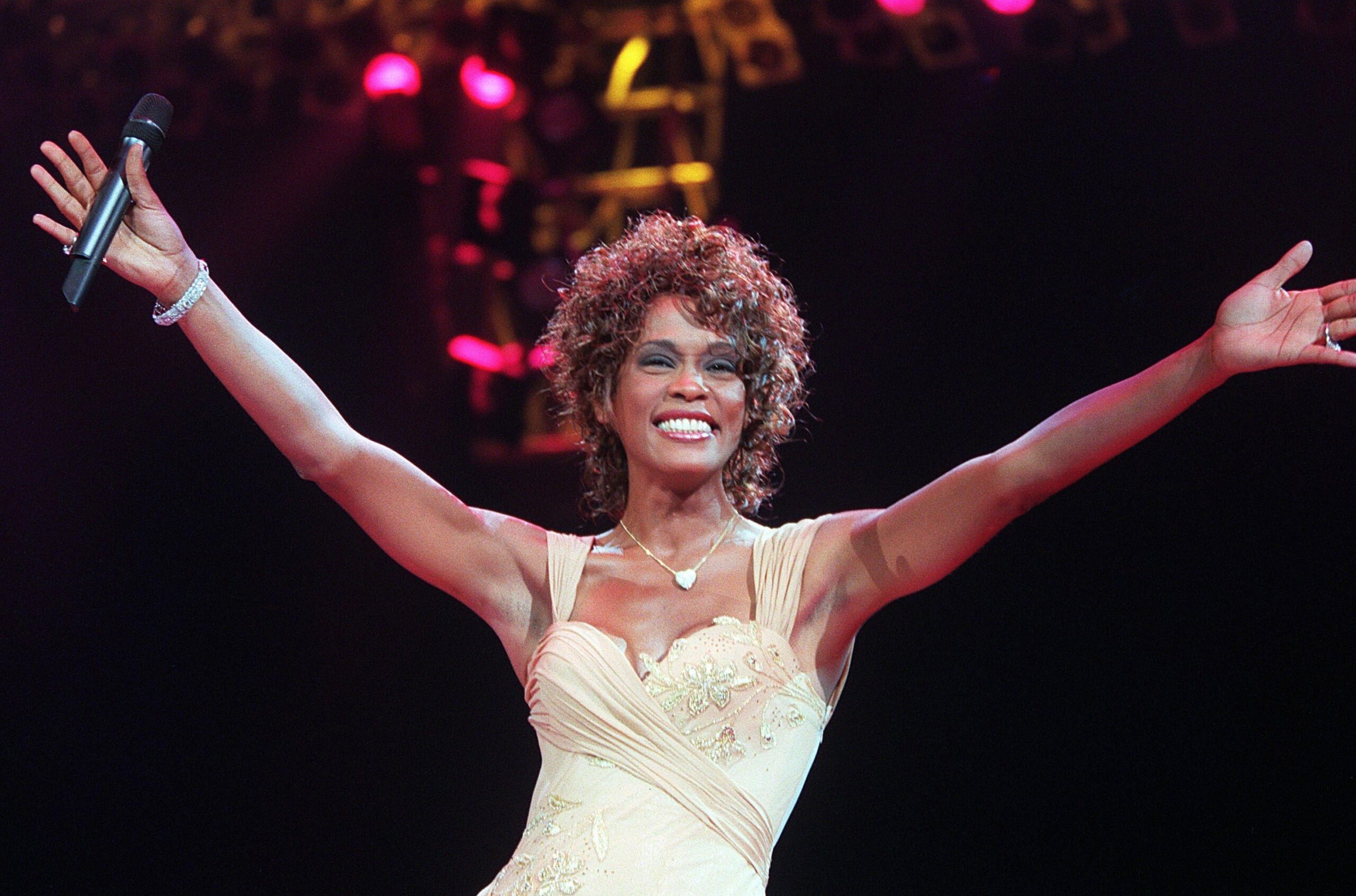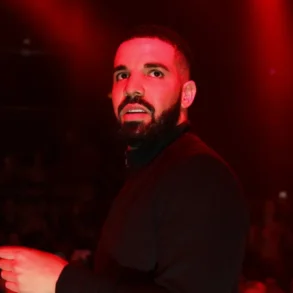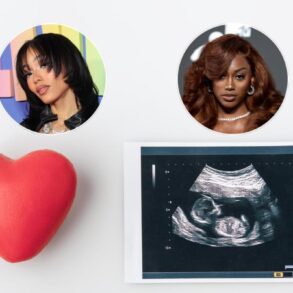
One of the most legendary events of GRAMMY weekend is back after a two year break.
Masterminded by Clive Davis, the Pre-GRAMMY Gala & Industry Salute to Icons has enjoyed iconic status as a place where music industry titans, tastemakers, politicians and actors alike rub elbows to toast the year, reflect on the past and look to the future of music. Taking over the Los Angeles’ Beverly Hilton, the return of Clive’s party for the 2023 GRAMMYs is a show business tradition without parallel.
The event also comes on the heels of a big year for Davis, who not only celebrated his 90th birthday but also hosted the Paramount+ series Clive Davis: Most Iconic Performances, and was portrayed by Stanley Tucci in the big-screen adaptation of Whitney Houston‘s life in I Wanna Dance With Somebody, which hit theaters in December.
Ahead of the Feb. 4 event, GRAMMY.com caught up with Davis at the Beverly Hilton to preview this year’s party, gauge his thoughts on today’s favorite artists and reveal the act whose success most took him by surprise.
Your Pre-GRAMMY Gala is back for the first time since 2020 after a COVID-induced break! How does that feel, and how are you feeling?
I feel great that it’s back. The demand from day one — maybe since we emailed the invites this year — there’s been such eagerness. People are ready and it makes me feel great. I’m getting emails and so much in writing as to what the party has meant for them, somehow it triggers that type of response and it’s been touching. It’s exciting!
Can you offer us a preview? Who’s coming or who may be performing?
Well, you know that that’s all a secret. Who’s coming is a who’s who of music, many more great movie stars are coming whatever the reason. Nancy Pelosi and Paul Pelosi are coming, for example. But the tales about who meets who from past parties [are legendary], from Brandi Carlile meeting Joni Mitchell for the first time and how they’ve bonded since, or Joni meeting someone like David Hockney.
This year, the Gala is honoring Atlantic Music Group Chairman and CEO Julie Greenwald and Atlantic Records Chairman and CEO Craig Kallman. Can you talk about their impact on the industry?
They have been very gifted competitors as far as I’m concerned. I’ve obviously competed more with people like Mo Ostin, Joe Smith and Chris Blackwell. But Julie and Criag are incredibly gifted music executives. I greatly admire what they’ve done and how they’re revered by the artists who’ve worked with them.
In fact, one artist who works with them has asked to present the Icon award to Julie, and normally it’s Harvey Mason Jr who’s presenting it. So we’ll see if that comes about. But if it does, it will be touching.
You bring up Joni Mitchell — in the past year she’s had a renaissance of being back in the public eye. What does that mean to you to watch Joni come back?
I felt it starting six, seven or eight years ago. Joni decided she wanted to attend my GRAMMY party. I don’t allow schmoozing, so if there’s a five-minute or seven-minute gap in between performers, I give shoutouts because it’s a big ballroom and people don’t often know who’s there. But when I gave a shoutout to Joni Mitchell, I mean, it got as much reaction as one for an artist who has conquered the room after a performance. There were cheers and a standing ovation just for a shoutout, so there’s a connection there. She influenced so many lives. And she’ll be there this year too.
I want to talk to you about Whitney Houston. Her movie came out last month and people are celebrating her again since it’s her 75th birthday year. When you look back at your memories of her, do they make you sad or joyful?
There’s a certain element of both because I miss her. But, seeing the recognition of her talent and seeing that it’s historic — in the film, she’s quoted as being the finest of her generation. So, it’s a combination.
I’m gratified that she was not a one-hit wonder or a passing fad, but she’lll be a permanent influence and inspiration to young artists forever because she was that unique. So it’s been very gratifying.
Speaking of the movie, Stanley Tucci portrayed you. This is a feeling not many people in the world know, to be depicted in a film. How do you think he did?
I felt he did me justice, and if that’s his take on me, I’m happy with that take. I was gratified that my character is being portrayed by a really gifted actor who was not hamming it up or inventing a shtick or a persona. The reaction of others is that he captured me too, so it’s only been positive. We’ve also become quite friendly.
I’m interested in your thoughts on the state of the music industry. Where does it stand now?
I’m very excited, most of all, that the industry is healthy — especially having gone through the period that the future of music was questionable. Now, I’m endowing a school in my name at NYU and giving scholarships.
People ask, “Is there a legitimate future in the industry?” And the answer is, music is a necessity and it will be here to stay. So I feel very good that the industry is healthy, and the streaming and digital evolution, and that those entering a career in the industry will take it wherever that goes in the future.
Speaking of the modern industry, are your feelings on the current crop of nominated artists?
I’m a big fan of Beyoncé, I’m a big admirer of what Harry Styles is doing so uniquely. But in the longer future, there hasn’t been a new Bob Dylan or Bruce Springsteen. I also want to make sure that with hip-hop dominating, that a new Aretha Franklin or Whitney Houston — a person with a voice who is breathtaking — deserves to have a home.
In your storied career, has anyone’s success taken you by surprise?
I have a healthy respect for failure, so the most gratifying thing for a legacy or my career has been the height that so many artists that I’ve created a home for have reached and influenced as many people have. I’m thinking of someone who was maligned by the critics like Barry Manilow was and now he’s still headlining. I recently saw him in Florida at an arena and the fervor in the audience for him was amazing to see.
Does a particular record come to mind?
As far as what record, the record that I helped break personally that the odds were against and became a landmark breakthrough was Kenny G‘s “Songbird,” especially being an instrumental. I wrote a letter to every radio station. He became the best-selling instrumentalist of all time.
But who’s’ also coming to mind is when I signed Carlos Santana for the second time. It was viewed as Davis’ folly. This was a man who did not have a hit in 25 years and was past the age of 50 and wasn’t even a lead singer, so the fact he could come back with one of the best-selling albums of all time in Supernatural. I thought he’d have some success or else I wouldn’t have signed him, but to be an all-timer is clearly surprising and gratifying.
This post was originally published on this site be sure to check out more of their content.







